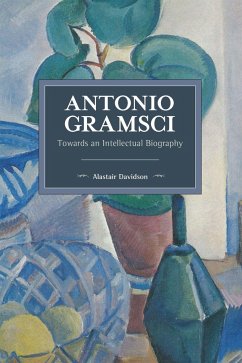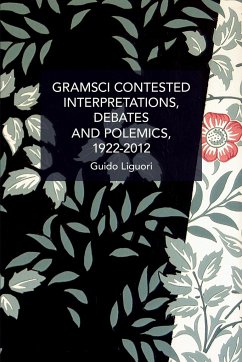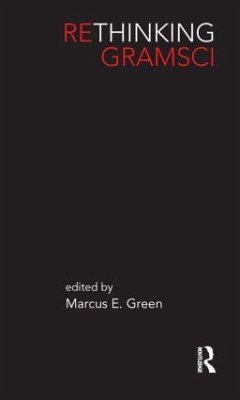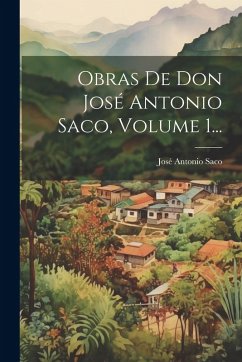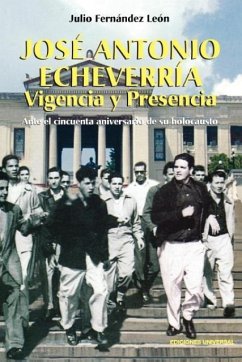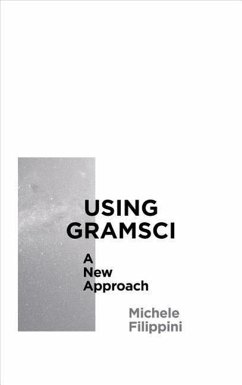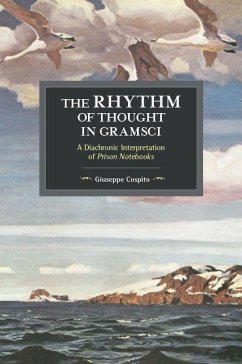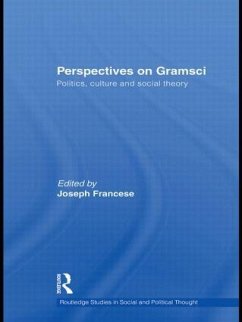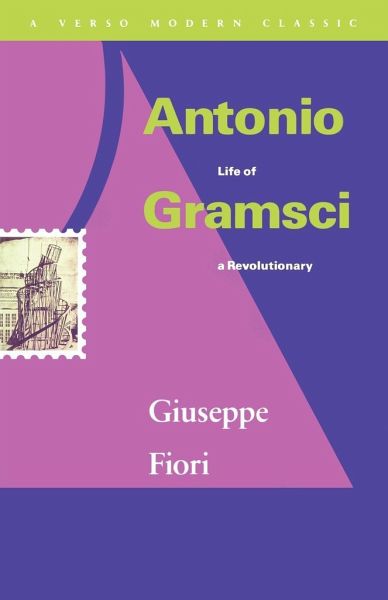
Antonio Gramsci
Life of a Revolutionary
Übersetzer: Nairn, Tom
Versandkostenfrei!
Versandfertig in über 4 Wochen
20,99 €
inkl. MwSt.

PAYBACK Punkte
10 °P sammeln!
This study by a Sardinian journalist has been widely read in Italy since its 1965 publication, partly because Gramsci is a martyred hero of the left, and partly for its exposure of the suppression of Gramsci's views at the 1930 Party Congress by Togliatti, who was executing the Stalinist "Third Period" view of fascism. Gramsci was in jail at the time, dying a slow death for lack of medical attention. Fiori's book is primarily a personal history weighted with great detail of Gramsci's Sardinian childhood, his extreme poverty, his fealty to his family, his physical condition, his loneliness. Gra...
This study by a Sardinian journalist has been widely read in Italy since its 1965 publication, partly because Gramsci is a martyred hero of the left, and partly for its exposure of the suppression of Gramsci's views at the 1930 Party Congress by Togliatti, who was executing the Stalinist "Third Period" view of fascism. Gramsci was in jail at the time, dying a slow death for lack of medical attention. Fiori's book is primarily a personal history weighted with great detail of Gramsci's Sardinian childhood, his extreme poverty, his fealty to his family, his physical condition, his loneliness. Gramsci is rendered more as a romantic revolutionary who died for his "ideals" than as a theoretician whose writings were a major contribution to socialist thought; the biography evokes sympathy for Gramsci's suffering, but little comprehension of his work. The Italian Socialist Party (PSI), which Gramsci entered as a student during World War I, remains an enigma; the "minimalist"/"maximalist" divisions, the Leghorn split by the left wing of the PSI. Gramsci's conception of the workers' councils, and his reasons for letting L 'Ordine Nuovo, his paper, lapse during the 1921 factory occupations are among the points not explained. The Togliatti betrayal demands more elucidation of Gramsci's role in Moscow in 1922 and 1925, and his attempt at the 1925 Party Congress to pull the Party away from its ultra-left role into a united-front fight against fascism. Essentially apolitical, the book can hardly be compared with Cammett's Antonio Gramsci and the Origins of Italian Communism (1967): what it offers is hitherto unpublished personal derails and the Togliatti episode. (Kirkus Reviews)



